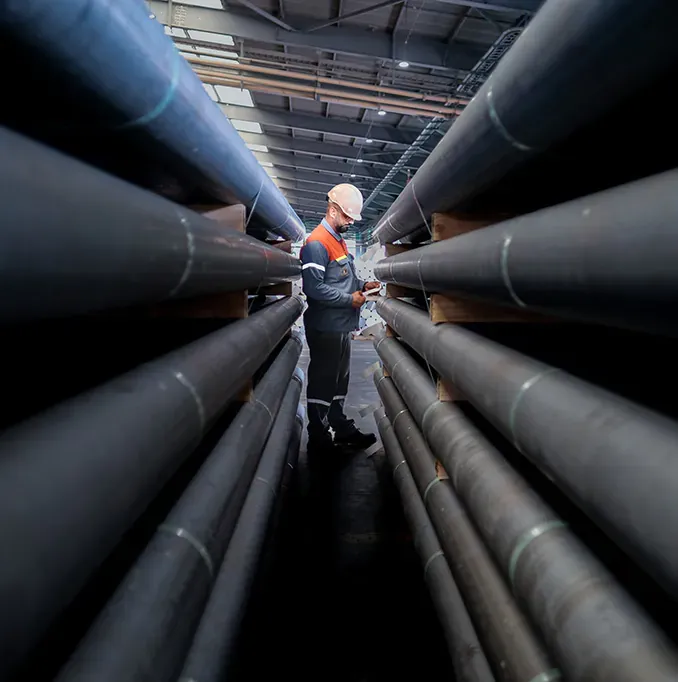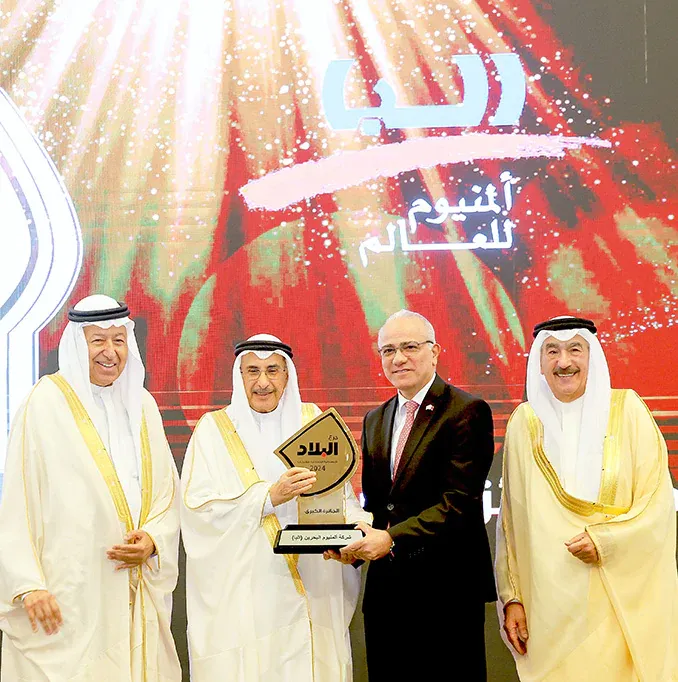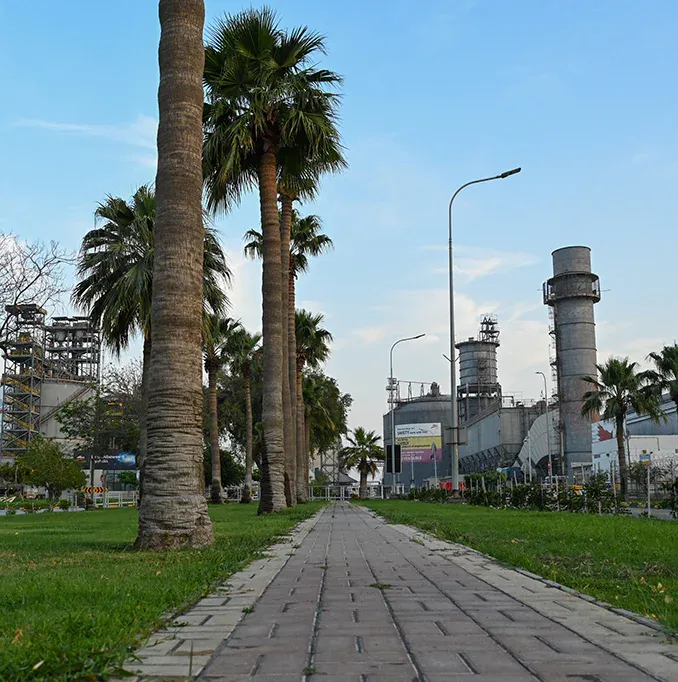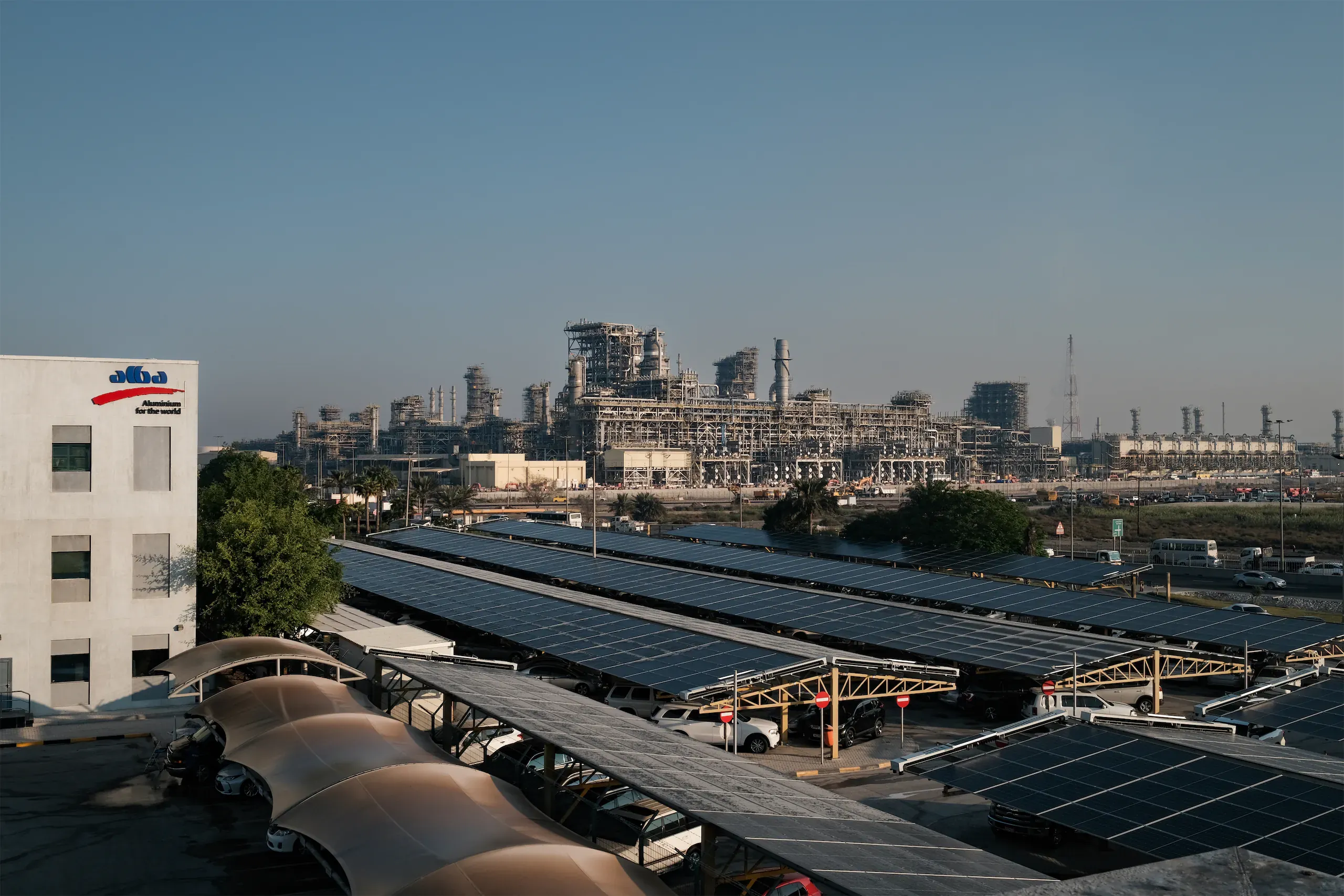
Environment
From Bahrain to the World: Advancing a Cleaner Tomorrow
2024 Highlights
0
percentage points increase in landfill diversion rate to 92%
0 %
increase in environmental investment projects spend
Zero
incidents of non-compliance with environmental laws and regulations
“Every step we take towards an even greener aluminium industry gets us closer to a more resilient and regenerative future.”
Climate Change & GHG Emissions 2024

0 %
NOx emissions decrease
0 %
SOx emissions decrease
Energy Management 2024
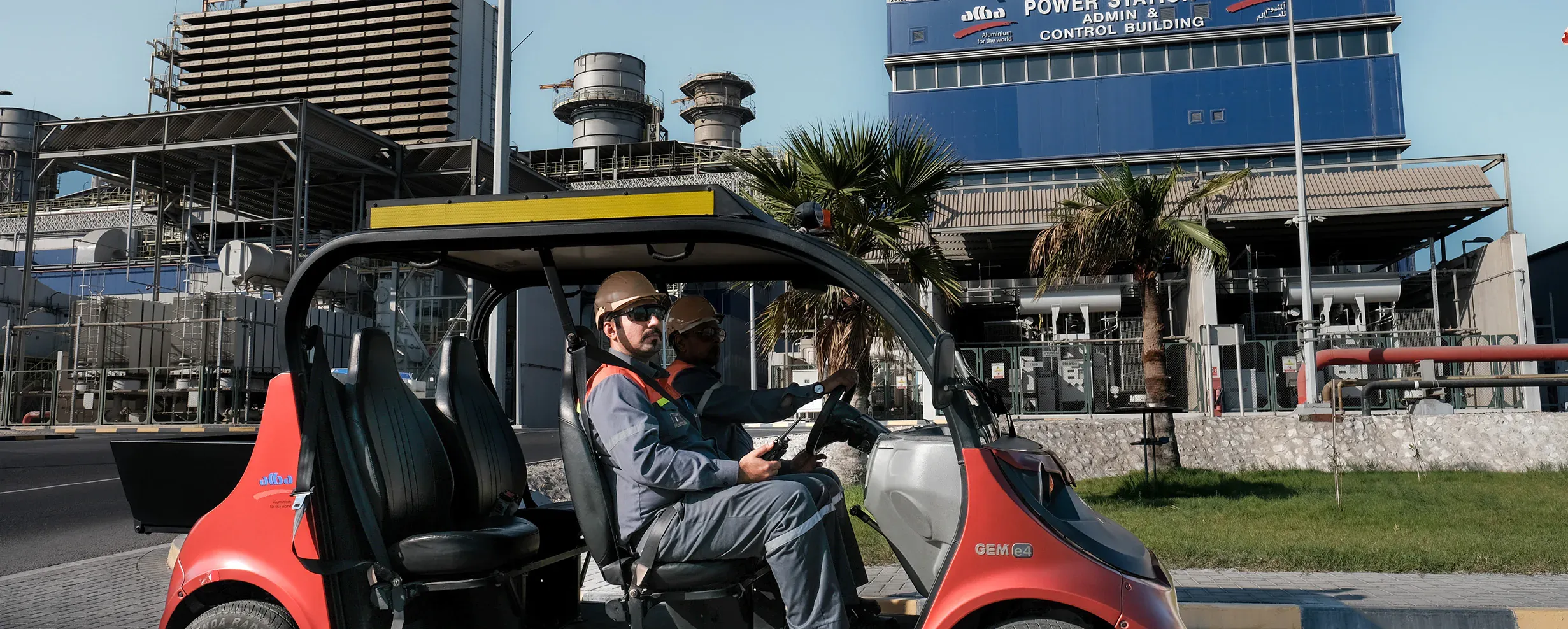
0 m
MWh total power generation
0 m
MWh total power consumption
0 +
MW hours of energy will be generated annually by the Alba Solar Farm when complete, avoiding 7,600 tCO<sup>2</sup>e
Water & Wastewater Management 2024
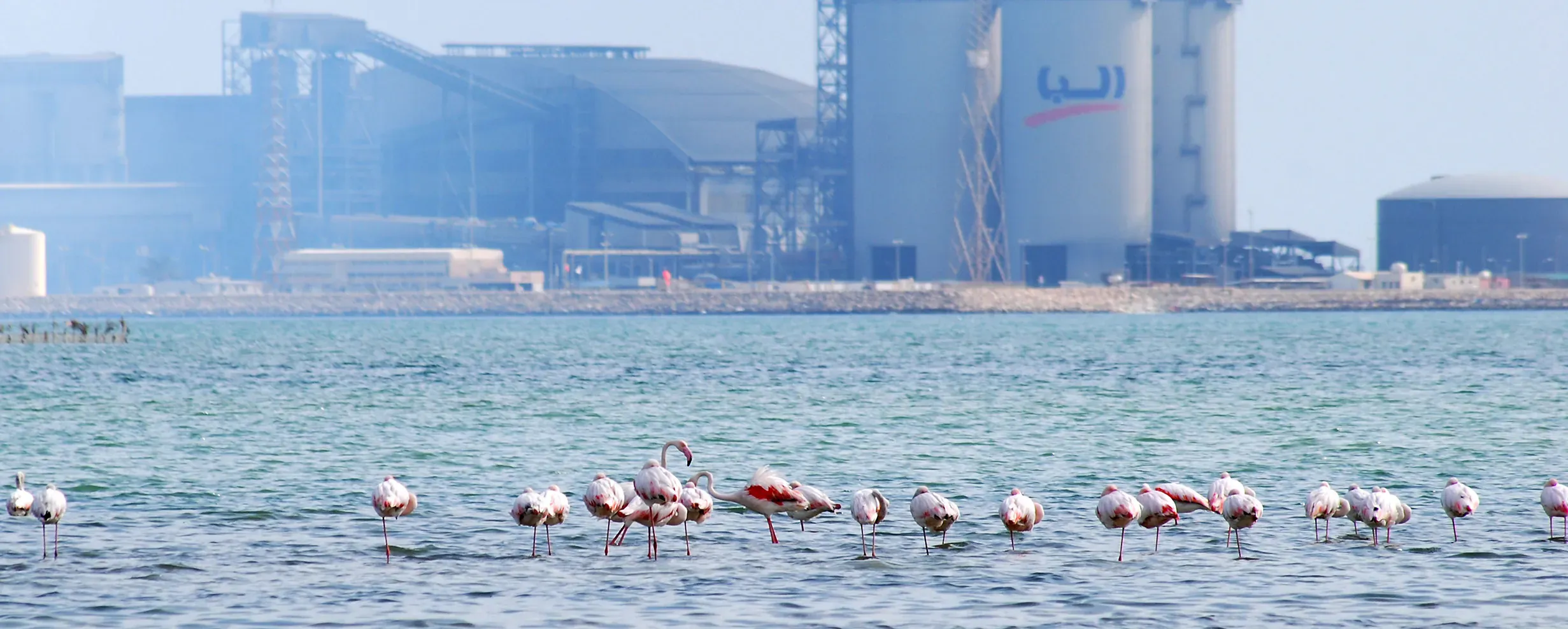
0 %
of water withdrawn by our smelter is drawn from desalinated seawater, a sustainable source
0 %
water recycling rate
Zero
reported environmental spills since 2020
Waste Management & Recycling 2024

0 %
reduction in materials purchased
0 %
of total generated waste was recycled, and our landfill diversion rate remained above 90%, exceeding our five-year target of 85%
0 %
reduction in generated waste
0 MT
(volume) of solid SPL waste has been recycled by our SPL plant since 2022
Biodiversity Preservation 2024

0 M
(BHD) invested in Environmental Investment Projects in 2024 – a 69% increase over 2023
0
trees planted to date
Zero
